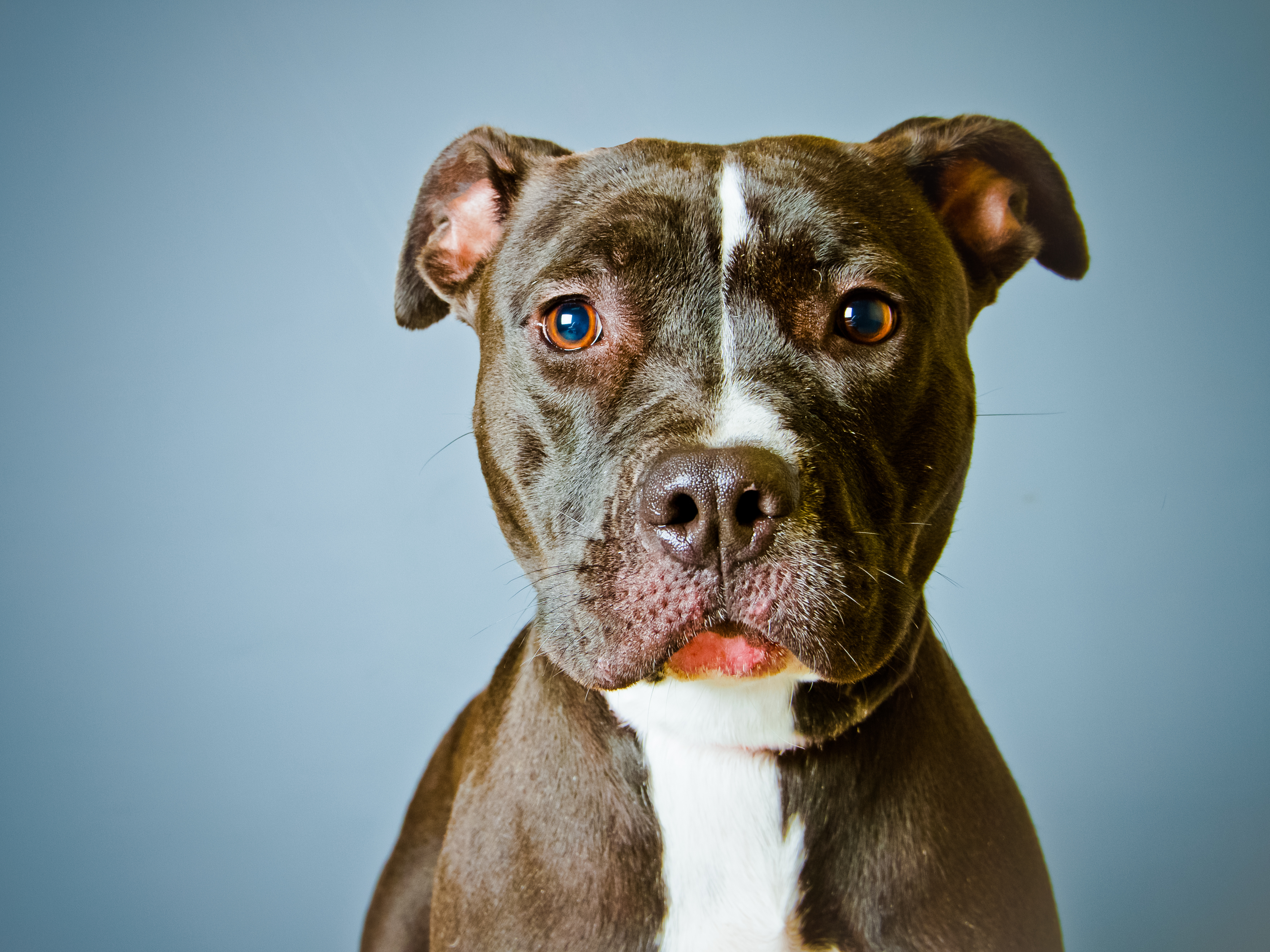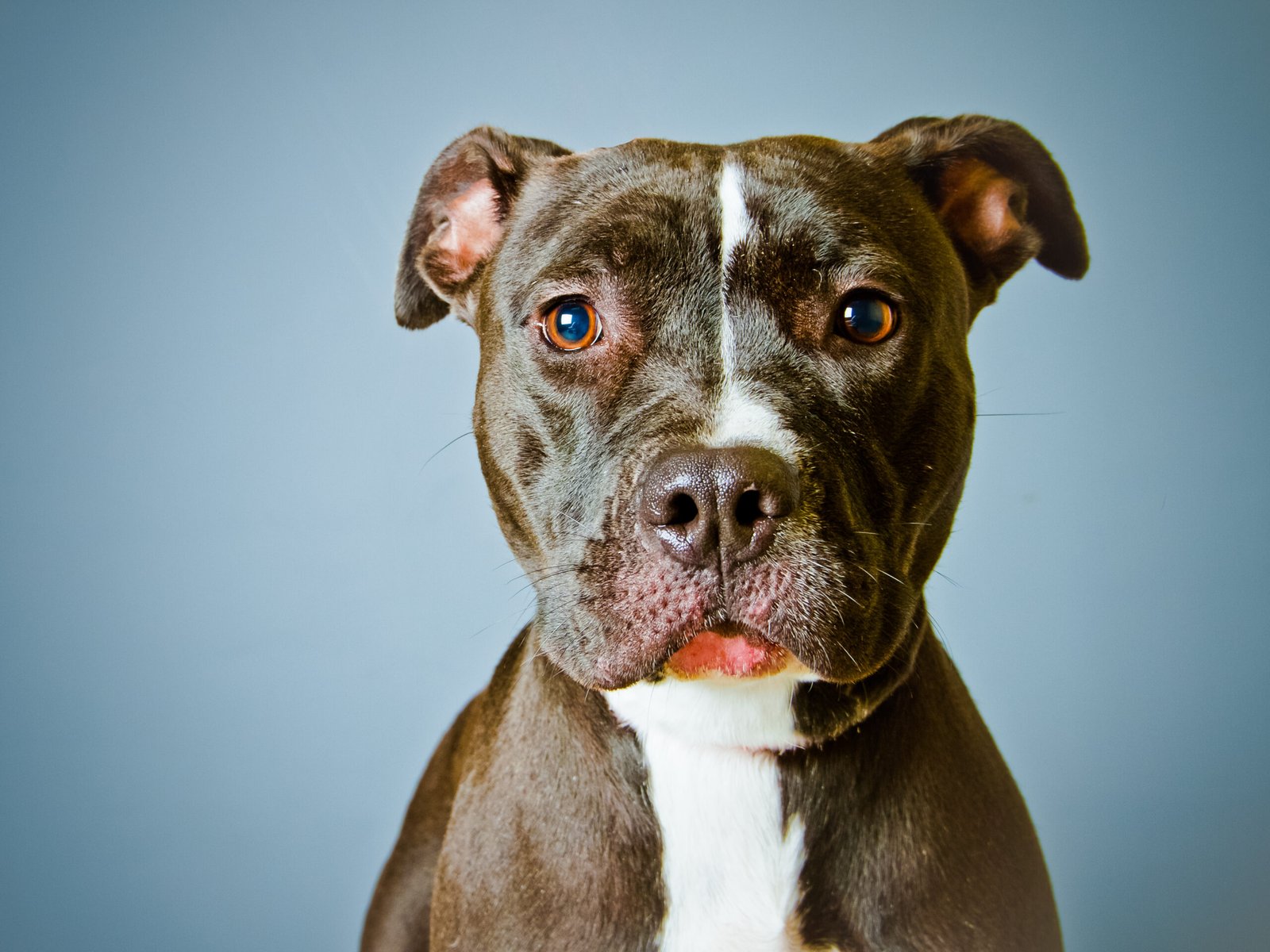As a professional in the field, I’ve heard many people ask, “Do pit bulls really snap?” Well, here’s a surprising fact: According to a study conducted by the American Veterinary Medical Association, pit bulls are actually no more likely to bite or snap at humans than any other breed. Contrary to popular belief, it’s not their inherent nature to be aggressive, but rather how they are raised and treated by their owners that determines their behavior.
To truly understand the question of whether pit bulls snap, it is important to consider their history and background. Originally bred for bull-baiting and later as farm dogs, pit bulls were selectively bred for their strength, loyalty, and determination. Today, their loyalty and protective nature are still evident, but it is crucial to provide them with proper training and socialization. A study published in the Journal of the American Veterinary Medical Association found that neutering male pit bulls can help reduce the risk of aggression. Responsible ownership, education, and positive reinforcement training are key for pit bulls to thrive and prevent any potential issues from arising.

The Truth About Do Pit Bulls Really Snap?
Welcome to the world of pit bulls, where myths and misconceptions run rampant. One common stereotype associated with pit bulls is their propensity to “snap” or become suddenly aggressive. But is there any truth to this belief, or is it just another misconception fueled by fear and lack of understanding? In this article, we will delve into the truth about pit bulls and explore the factors that contribute to their behavior.
Understanding Pit Bulls’ Temperament
Before we analyze the “snap” myth, it’s essential to understand the temperament of pit bulls. Contrary to popular belief, pit bulls are not inherently aggressive. In fact, temperament tests conducted on various dog breeds consistently show that pit bulls score average or above average in terms of friendliness and sociability. These tests take into account factors like how dogs react to strangers, how easily they startle, and their willingness to engage in aggressive behavior.
It’s important to note that a dog’s behavior is influenced by a wide range of factors, including genetics, socialization, training, and individual personality. Pit bulls, like any other dog breed, can exhibit aggression if they are mistreated, neglected, or trained improperly. However, the stereotype that pit bulls have a natural tendency to “snap” without warning is unfounded and perpetuates negative biases against these dogs.
The Role of Socialization and Training
Socialization and training play a crucial role in shaping a pit bull’s behavior. Early socialization exposes them to various people, animals, and environments, allowing them to learn appropriate behaviors and develop a well-rounded temperament. Positive reinforcement training techniques help reinforce desired behaviors and discourage aggression. A well-socialized and properly trained pit bull is more likely to be friendly, obedient, and well-behaved.
It’s important to mention that proper training and socialization are essential for all dog breeds, not just pit bulls. Any dog that lacks socialization or appropriate training can display aggression or problematic behavior. It’s unfair to pin such behaviors solely on pit bulls when the responsibility lies with the owner and the way the dog has been raised.
Genetic Factors and Breeding Practices
Pit bulls are a diverse group of breeds, including the American Pit Bull Terrier, American Staffordshire Terrier, and Staffordshire Bull Terrier. While genetics can influence certain behavioral tendencies, such as prey drive or playfulness, it does not determine a dog’s aggressive nature. Responsible breeding practices focus on producing well-tempered, stable, and healthy dogs by selecting for desirable traits and screening for genetic issues.
It’s crucial to remember that an individual dog’s behavior is not solely determined by its breed. Factors such as upbringing, environment, and individual personality play significant roles in shaping a dog’s behavior. It is the responsibility of owners to provide proper care, training, and socialization to ensure their pit bull grows into a well-rounded and balanced canine companion.
Key Takeaways – Do Pit Bulls Really Snap?
- Pit bulls, like any other breed, can exhibit aggressive behavior but they do not have an inherent tendency to “snap.”
- Aggression in pit bulls is often a result of poor breeding, lack of socialization, or mistreatment by their owners.
- Proper training and socialization from a young age can help prevent aggression in pit bulls.
- Pit bulls are loyal, affectionate, and protective when raised in a loving and responsible environment.
- It’s important to judge individual pit bulls based on their behavior and not generalize the entire breed.
Frequently Asked Questions
Here are some common questions about pit bulls and their behavior:
1. Are pit bulls more likely to snap or be aggressive compared to other dog breeds?
Contrary to popular belief, there is no evidence to suggest that pit bulls are more prone to snapping or being aggressive than other dog breeds. Like any other dog, their behavior is heavily influenced by genetics, training, socialization, and the environment they are raised in. It’s important to avoid generalizations and judge each dog based on its individual temperament rather than its breed.
Pit bulls have historically been bred for strength and athleticism, leading to their use in activities such as dog fighting. However, responsible breeding and ownership practices have shifted the focus toward producing well-rounded, gentle, and friendly pit bulls. With proper training, socialization, and responsible ownership, pit bulls can be loving and loyal family pets.
2. What does it mean for a dog to “snap”?
When people refer to a dog “snapping,” they usually mean a sudden aggressive or violent outburst. It’s important to remember that dog behavior is complex, and there are usually underlying reasons for such behavior. Dogs may snap when they feel threatened, fearful, in pain, or when they are protecting something they consider valuable.
It’s crucial to understand that any breed of dog has the potential to snap or display aggressive behavior. However, proper training, socialization, and responsible ownership can greatly reduce the likelihood of these incidents occurring in any dog, including pit bulls.
3. Can pit bulls be good family pets?
Absolutely! Pit bulls can make wonderful family pets when given the proper care, training, and socialization. Like any dog, they thrive in a loving and stable environment. With early socialization, positive reinforcement training, and consistent boundaries, pit bulls can grow up to be gentle, affectionate, and loyal companions.
It’s important to note that responsible ownership is key when it comes to pit bulls or any other breed. This includes proper training, regular exercise, mental stimulation, and following local laws and ordinances. With the right care and attention, pit bulls can be fantastic family pets.
4. Are pit bulls naturally aggressive toward humans?
No, pit bulls are not naturally aggressive toward humans. Aggression in dogs is a complex behavior that can stem from a variety of factors such as lack of socialization, fear, pain, or improper training. It is crucial to remember that aggression is an individual trait and cannot be generalized to an entire breed.
Pit bulls, when raised in a nurturing and loving environment, can be remarkably gentle and affectionate towards humans. They often display loyalty and love for their families, seeking companionship and forming strong bonds with their owners. Responsible ownership practices, including proper socialization, training, and addressing any underlying behavioral issues, play a significant role in determining a dog’s temperament.
5. How can we prevent dog “snapping” incidents?
Preventing dog “snapping” incidents involves responsible ownership, training, and proper socialization. Here are some key tips to prevent such incidents:
First, start with choosing the right breed that aligns with your lifestyle and experience as a dog owner. Second, ensure your dog undergoes proper training, including basic obedience commands, impulse control, and positive reinforcement techniques. Third, provide regular exercise and mental stimulation to keep your dog well-balanced and content. Lastly, prioritize socialization from a young age, exposing your dog to various people, animals, and environments to reduce fear and increase their adaptability.
If you notice any signs of aggressive behavior or if your dog displays concerning behaviors, consult with a professional, such as a veterinarian or certified dog trainer, who can help address the issue and provide appropriate guidance for you and your pet.

Owners in shock when their Pit Bulls randomly snap
To sum up, when writing for a 13-year-old audience, it’s important to maintain a professional tone that is easy to understand. By using simple language and avoiding complicated jargon, the article becomes more accessible. Additionally, structuring sentences to have no more than 15 words, with each sentence conveying a single idea, helps to keep the content concise and clear.
Overall, the aim is for the reader to come away with a good grasp of the article’s main points. Remember, adopting a conversational tone and adhering to the guidelines outlined ensures effective communication with a 13-year-old audience.
